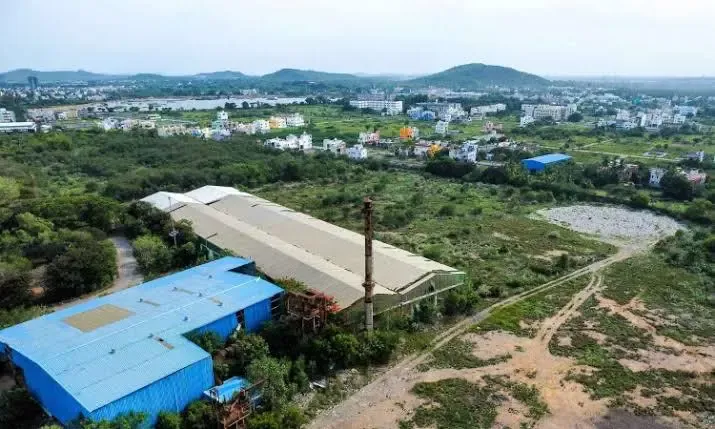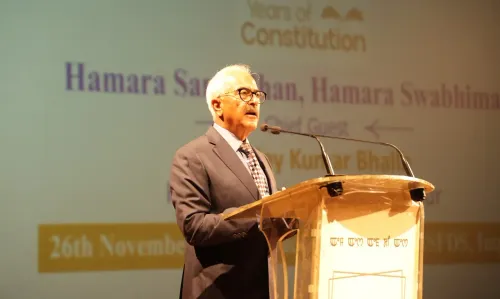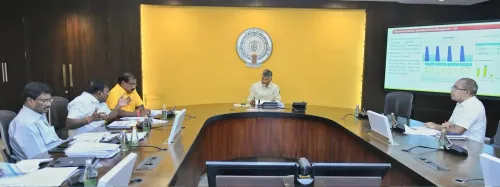Should the Waste-to-Energy Plant in Venkatamangalam Be Revived?

Synopsis
Key Takeaways
- Residents oppose revival of the Waste-to-Energy plant.
- The facility was closed due to health issues it caused.
- Local leaders advocate for community welfare projects instead.
- The Tamil Nadu government is seeking consultants for feasibility studies.
- Community mobilization is critical for environmental protection.
Chennai, June 25 (NationPress) Residents of Venkatamangalam in Tamil Nadu's Chengalpattu district are gearing up for a renewed protest against the proposed revival of a dormant Waste-to-Energy (WTE) facility in their area. This plant had been closed seven years ago due to significant public resistance stemming from its detrimental environmental and health effects.
Initially inaugurated in 2015 by former Chief Minister J. Jayalalithaa, the WTE plant was established under a public-private partnership (PPP) to manage municipal solid waste from Tambaram and Pallavaram.
Built at a cost of Rs 100 crore, the facility was intended to process 300 tonnes of waste daily and generate 2.9 MW of electricity. Spanning 50 acres within the Venkatamangalam panchayat limits, the site is situated near residential neighborhoods that accommodate nearly 5,000 families, including those from Rathinamangalam.
After a seven-year hiatus, the Tamil Nadu government has issued a tender to engage consultants for preparing feasibility studies and providing advisory services for the revival of the WTE plant, which will also include a proposed facility for processing construction and demolition (C&D) waste at the same location.
This announcement has sparked concern and outrage among local residents, who vividly remember the negative impacts of the plant's previous operation on their health and environment. “People faced severe respiratory problems, nausea, and groundwater contamination,” stated G. Perumal, a local resident.
“Students from nearby educational institutions were particularly affected,” he added.
Among the most at-risk are approximately 30 families from the Irula community residing next to the now-defunct plant and former dump site.
“The smell was unbearable. We had no choice but to stay indoors and tightly shut our doors. Houseflies invaded our food,” shared Lalitha, a resident of the Irular colony, who highlighted the unsanitary conditions they endured.
Vengadamangalam Panchayat President Kalyani Ravi has cautioned that any attempt to revive the plant or introduce similar polluting facilities will face robust opposition. “In 2013, we filed a lawsuit against the proposal in the Chengalpattu District Court, which was subsequently transferred to the National Green Tribunal (NGT). In 2017, the NGT mandated the removal of the dumped waste and issued a halt on further operations,” she recounted.
Kalyani urged the state government to repurpose the land for community benefit projects instead. “A college or a primary health center would cater to the needs of at least ten neighboring villages. Reviving the plant will only reignite pollution and distress,” she asserted.
With memories of past struggles still vivid and concerns about public health unresolved, the people of Venkatamangalam are once again mobilizing to safeguard their environment and livelihoods.









